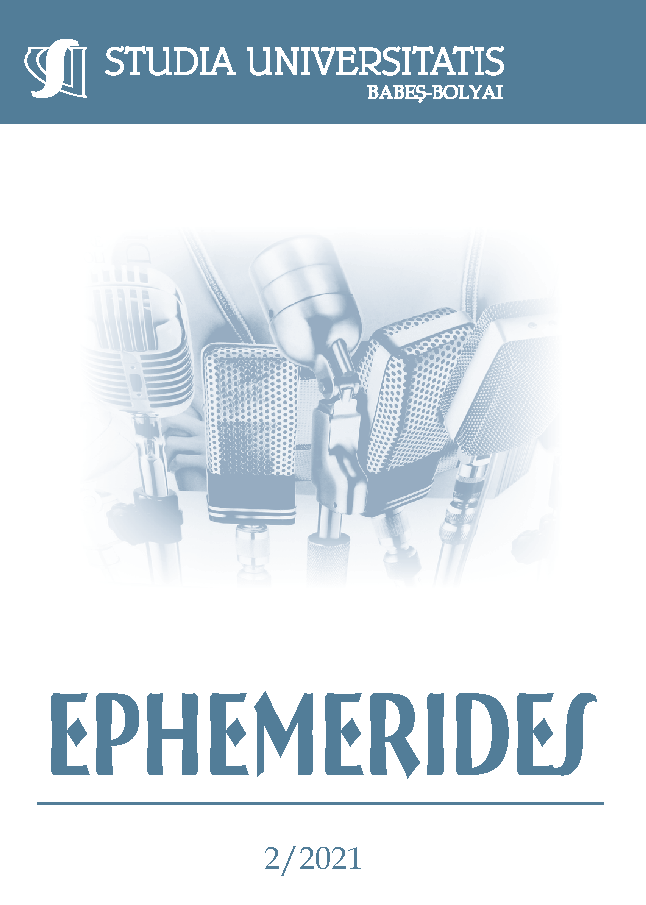REFUGE AND INTEGRATION FROM THE PERSPECTIVE OF THE TORAH. CONSIDERATIONS FROM AN ANCIENT PERSPECTIVE ON THE MODERN PHENOMENON OF IMMIGRATION
DOI:
https://doi.org/10.24193/subbeph.2021.2.03Keywords:
Refugees, Torah, faith, Galut, exile, captivity, migration, Temple, Pikuah Nefesh, cities of refuge, Shabbat, wandering, Law of Return, allogene, “Dina de Malkuta dina”, Jerusalem.Abstract
Over the millennia, people have been forced, countless times, to leave their homeland and settle in other lands. As in the 21st century, the possible reasons were the same - the economic, political situation, discrimination, the difficulty of integrating or, simply, the fact that leaving was the only way out. The Jewish diaspora has known many stages, some recorded in the Bible - Torah - Old Testament. Others, such as the expulsion of the Jews from the Iberian Peninsula, led to the peregrinations of the Jews in various corners of the world. The present work aimed to put into the perspective of ancient Jewish religious writings the way in which the idea of refuge is treated today. The migration phenomenon is considered by some to be characteristic of the modern era, being regulated by national and international legislation. The way in which Judaism treated this subject - cities of refuge, moral obligation towards the one who asks for help, “Dina de malkuta dina” - the law according to which the law of the residence prevails over the religious law - represents an interesting model to follow, but also similar in certain aspects, with the current legislation. The present work aimed to highlight some good practices, less known, which facilitated the integration in various societies in certain situations. I researched the way in which the treatment of refugees changed over time, considering, however, that Judaism continued to be faithful, until today, to some religious principles that, in fact, regulate basic interpersonal relations.References
Humaş în limba română, traducere din limba ebraică realizată în 2022 de Rabinul Sorin Rosen
Pirkei, Avot. Cuvintele de inţelepciune şi învăţăturile Părinţilor din tradiţia iudaică, Ed. Herald, 2021
Greenberg, Irving, The Jewish Way: Living the Holidays, Ed. Touchstone Books, 2019
Internet sources:
https://encyclopedia.ushmm.org/content/en/article/german-jewish-refugees-1933-1939 German Jewish Refugees, 1933–1939
Politica UE în domeniul migrației: Consilium.europa.eu, https://www.consilium.europa.eu/eu-migration-policy
Downloads
Published
How to Cite
Issue
Section
License
Copyright (c) 2021 Studia Universitatis Babeș-Bolyai Ephemerides

This work is licensed under a Creative Commons Attribution-NonCommercial-NoDerivatives 4.0 International License.






